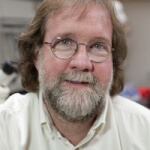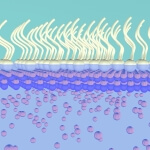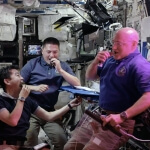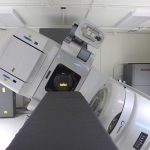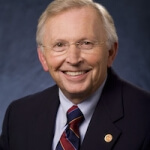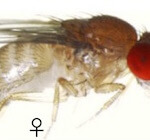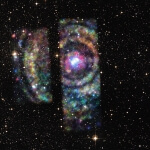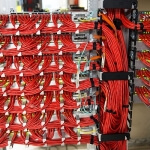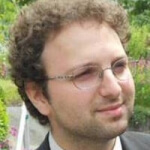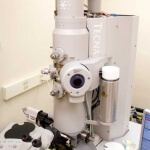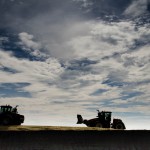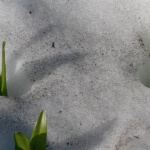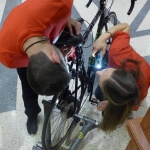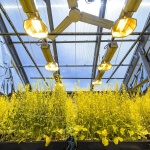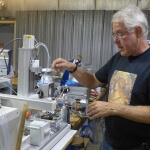Category Science & Technology
Lewis Thomas Prize to be awarded to Wisconsin’s Sean Carroll
Carroll was instrumental in building the field of evolutionary developmental biology, known colloquially as evo devo.
Nanosheet growth technique could revolutionize nanomaterial production
Tiny sheets of the semiconductor zinc oxide could have huge implications for the future of a host of electronic and biomedical devices.
WARF’s Gulbrandsen to receive lifetime award
His tenure has seen WARF increase grant support for UW–Madison, expand its entrepreneurial mission, and chart scientific milestones from embryonic stem cells to life-saving vaccine research.
WARF taps Fujifilm chief, local executives for Entrepreneurons series
WARF, in conjunction with BioForward, is hosting a special two-part series exploring why Wisconsin is the right environment for tech businesses.
UW astronomer recognized for demystifying star system
Sebastian Heinz has been honored by the American Astronomical Society for his work to unravel the mystery of Circinus X-1, a bizarre binary star system in our galaxy that exploded some 2,500 years ago.
Clouds, like blankets, trap heat and are melting the Greenland Ice Sheet
A new study shows clouds are playing a larger role in heating the Greenland Ice Sheet than scientists previously believed, raising its temperature by 2 to 3 degrees compared to cloudless skies.
Working group recommends coordination of campus research cores
“Implementation of these methods should contribute to a supportive, sustainable environment for research at UW–Madison,” the group says in its report.
Between soil and snow
Professors Jonathan Pauli and Benjamin Zuckerberg explain the subnivium — habitat between the ground and winter snow cover that is being affected by climate change.
Bird habitat changing quickly as climate change proceeds
The climatic conditions needed by 285 species of land birds in the United States have moved rapidly between 1950 and 2011 as a result of…

